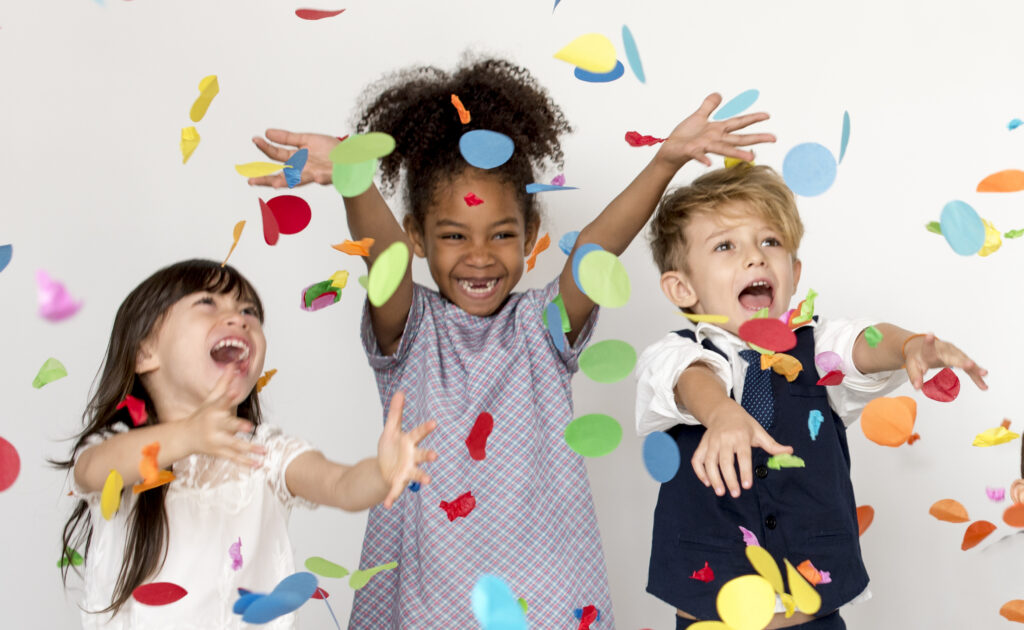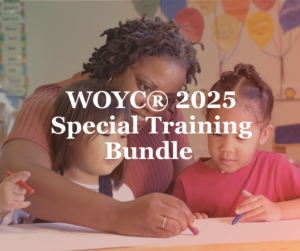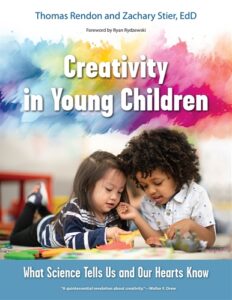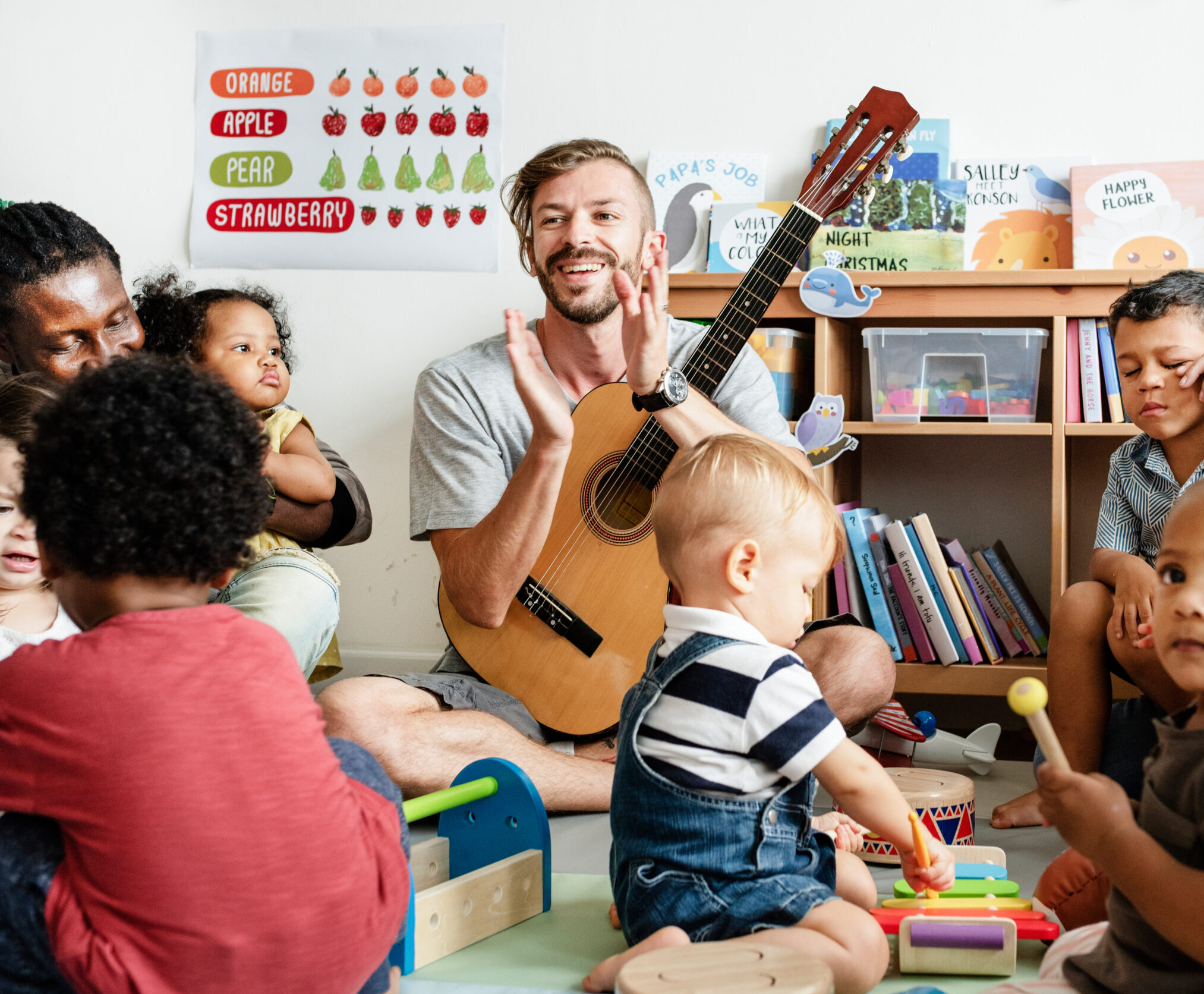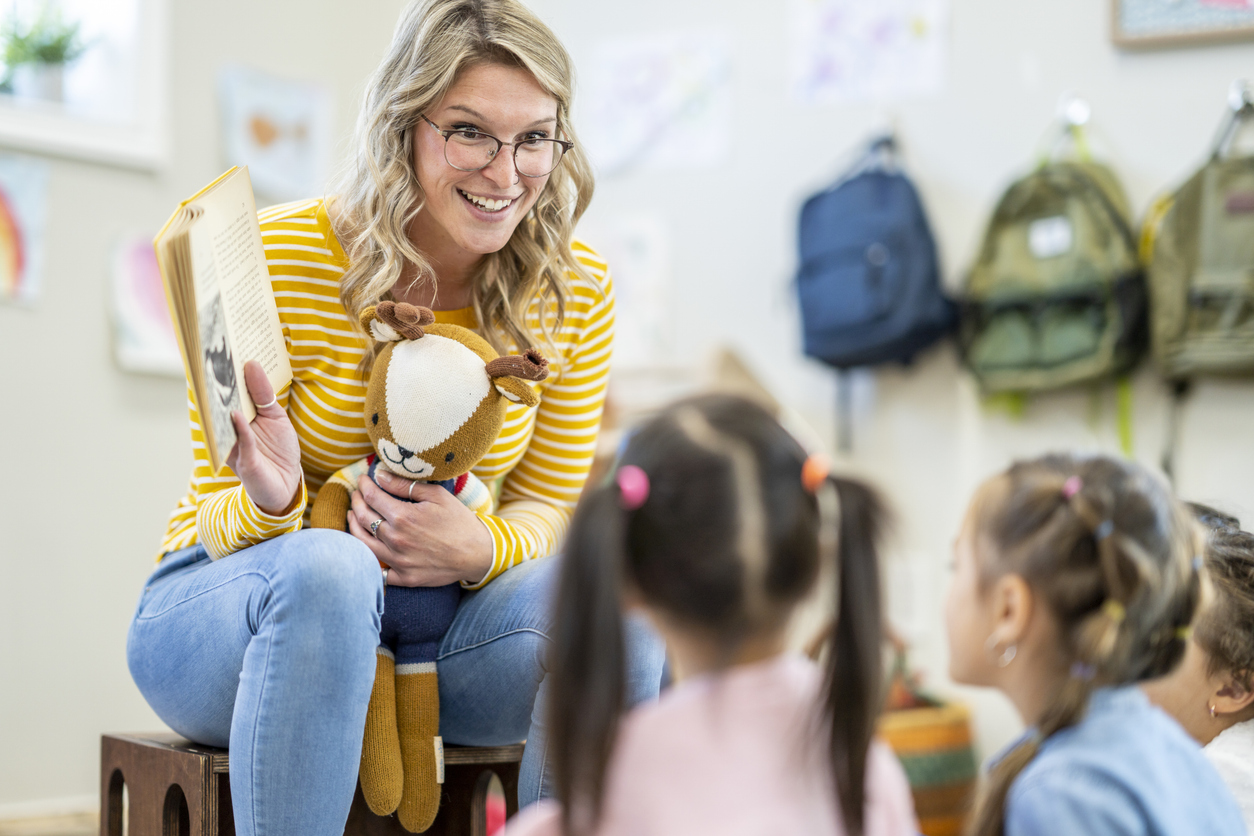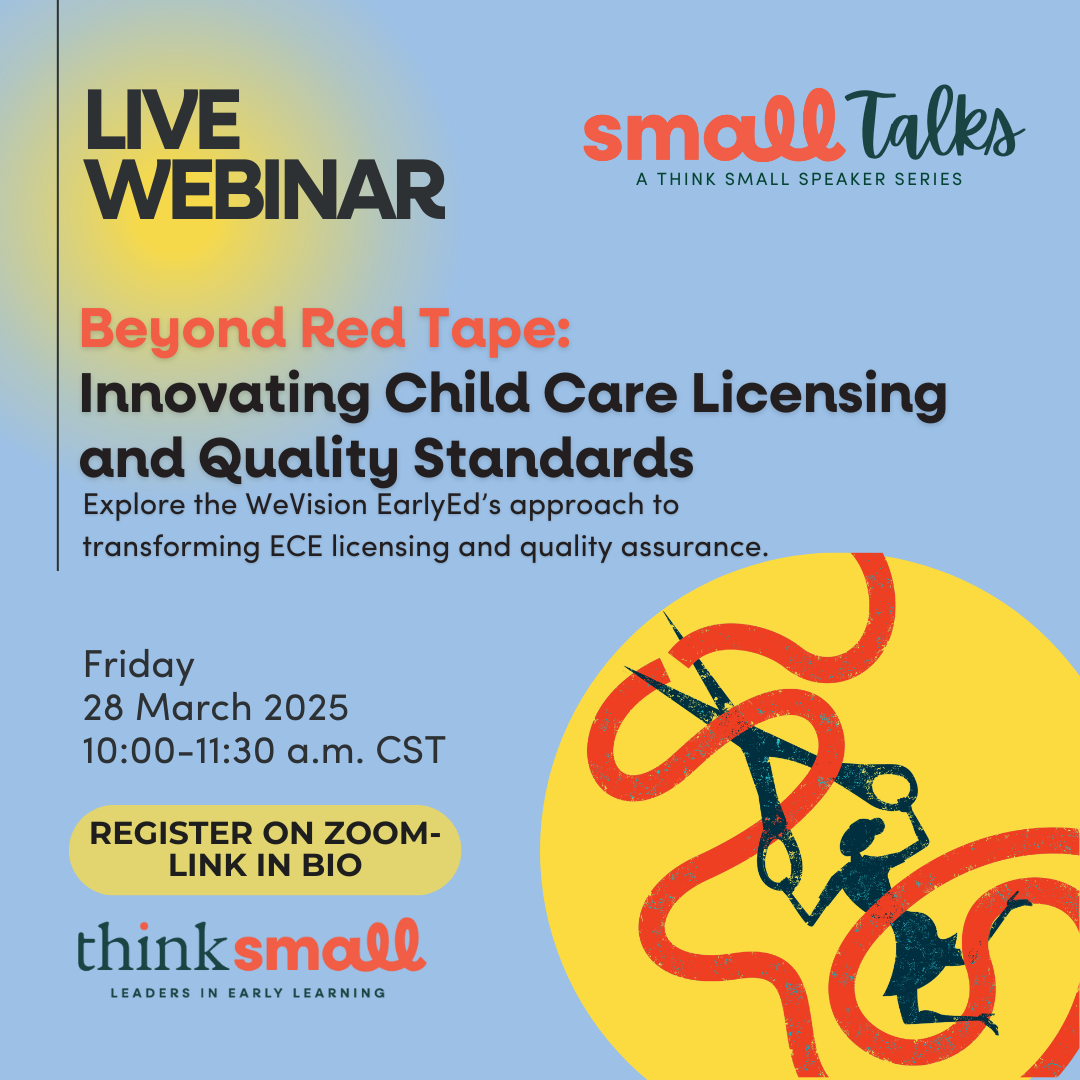Imagine a world where every child’s curiosity is nurtured, learning is joyful, and communities come together to celebrate early childhood.
That’s the spirit of the Week of the Young Child®!
Since 1971, the National Association for the Education of Young Children (NAEYC) has led this annual celebration to honor young children, their families, and the educators shaping their futures. These early years are crucial—80% of a child’s brain develops by age three, forming up to 1,000 new neural connections per second. Investing in quality early education helps children thrive for a lifetime.
At Think Small and Redleaf Press, we support early educators with top resources, books, and professional development.
Enjoy exclusive April deals on eLearning courses and more—don’t miss this chance to grow your skills! Save over $45 on the three, 2 hour exclusive on-demand eLearning courses with Think Small Institute’s WOYC 2025 Special Training Bundle!
Music ignites all areas of child development, from intellectual and social growth to motor skills and creativity. We can also include those with hearing impairments by focusing on musical experiences that highlight the benefits of rhythm and melody in learning.
- “Feel the Beat” Sensory Dance Party – Set up a dance area with speakers placed on the floor or near children so they can feel the vibrations of music. Provide scarves, ribbons, or soft drums so all children, including those with hearing impairments, can engage with the rhythm in a tactile way.
Featured eLearning:
How Early Experiences Shape Brain Development
From birth to age 5, a child’s brain grows at lightning speed! This Think Small Institute course dives into how early experiences shape development, offering insights on creating positive, culturally responsive learning environments. Learn strategies to support healthy brain growth, strengthen relationships, and protect against factors that can hinder development. Ready to make a lasting impact? Join now!
Food is a wonderful way to explore culture, science, and sensory experiences. This is a great day to teach children the joy of cooking and trying new foods. Now is a good time to start growing your seedlings to plant in the garden as the weather allows and as available to you!
Featured eLearning:
Diversity Informed Meal Planning
Make mealtime exciting by involving children and families in menu planning! Introduce diverse foods in fun and engaging ways while reflecting the unique cultures of the families you serve. Ensure menus meet CACFP guidelines and encourage family participation to create inclusive, nutritious meals.
Collaboration is a crucial life skill. This day highlights engaging projects that encourage teamwork and problem-solving.
- “Build a Better World” Community Challenge – Giving children soft blocks or large, safe building materials. Encourage them to build a “community” with these materials, like houses or parks. Ask simple questions like, “What makes you feel happy in your world?” This helps them think about what makes a good place to live while working together and using their creativity.
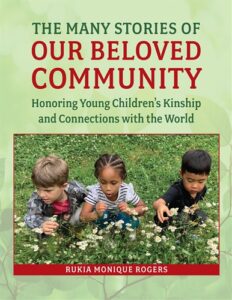
The Many Stories of Our Beloved Community
Join author Rukia Monique Rogers for an intimate and inspiring look at the values, practices, and relationships of the Highlander School in Atlanta, Georgia, rooted in the vision of the beloved community as espoused by Reverend Dr. Martin Luther King Jr. Sharing abundant stories and rich photography from the school, the book is both a critique of the history and status quo of how we have confined our thinking and practices and an invitation to reflect on who you are and how you want to reimagine early childhood programs.
Open-ended art projects help children build creativity, social skills, and fine motor abilities by allowing them to make choices, use their imaginations, and engage in hands-on creation.
Follow the authors of Creativity in Young Children on a journey of curiosity as they unlock the secrets of creativity, deepening understanding of the “what” of creativity, its connections to child development, and how it shapes and is shaped by the people, communities, and world around us. Creativity is so critical to the way humans grow and learn that it should be at the center and not the periphery of early childhood education. When you nurture creativity and original ideas in children, you are providing them with everything they need for cognitive and social emotional learning.
Strong family connections lay the foundation for a child’s success. On Family Friday, we encourage educators to facilitate meaningful connections between children and their families, fostering a supportive environment that extends beyond the classroom.
Featured eLearning
Culturally Competent Guidance: Strengthening Relationships with Families
This course will help educators enhance their ability to build authentic, positive partnerships with families, deepening their understanding of family dynamics and culture. By supporting families, educators can further empower children to succeed both at home and in the classroom.
